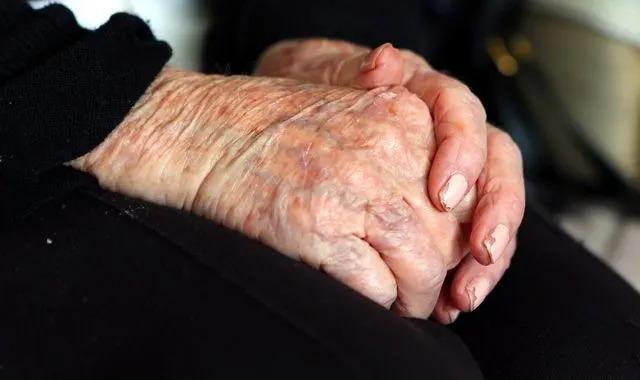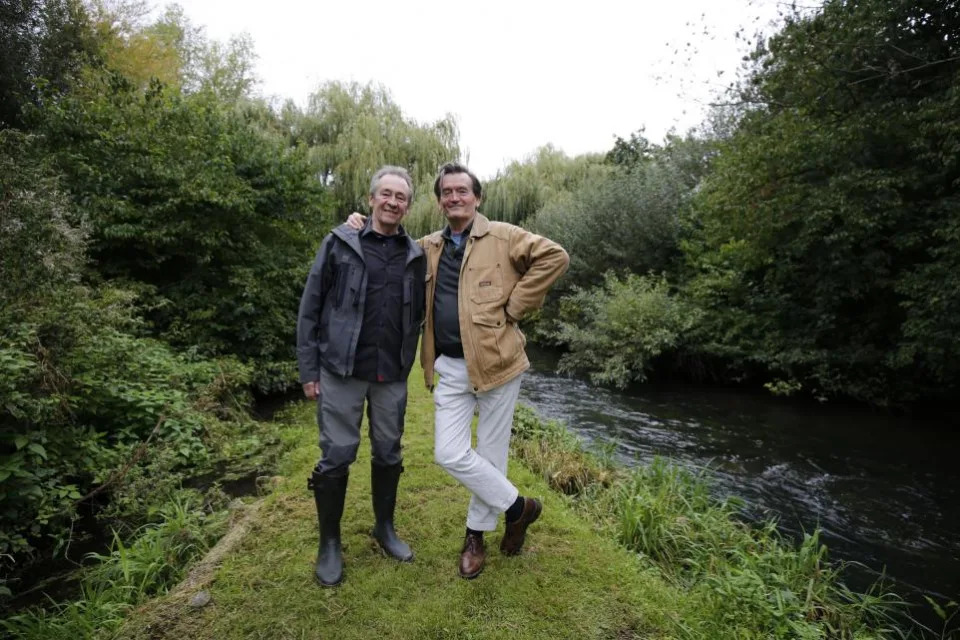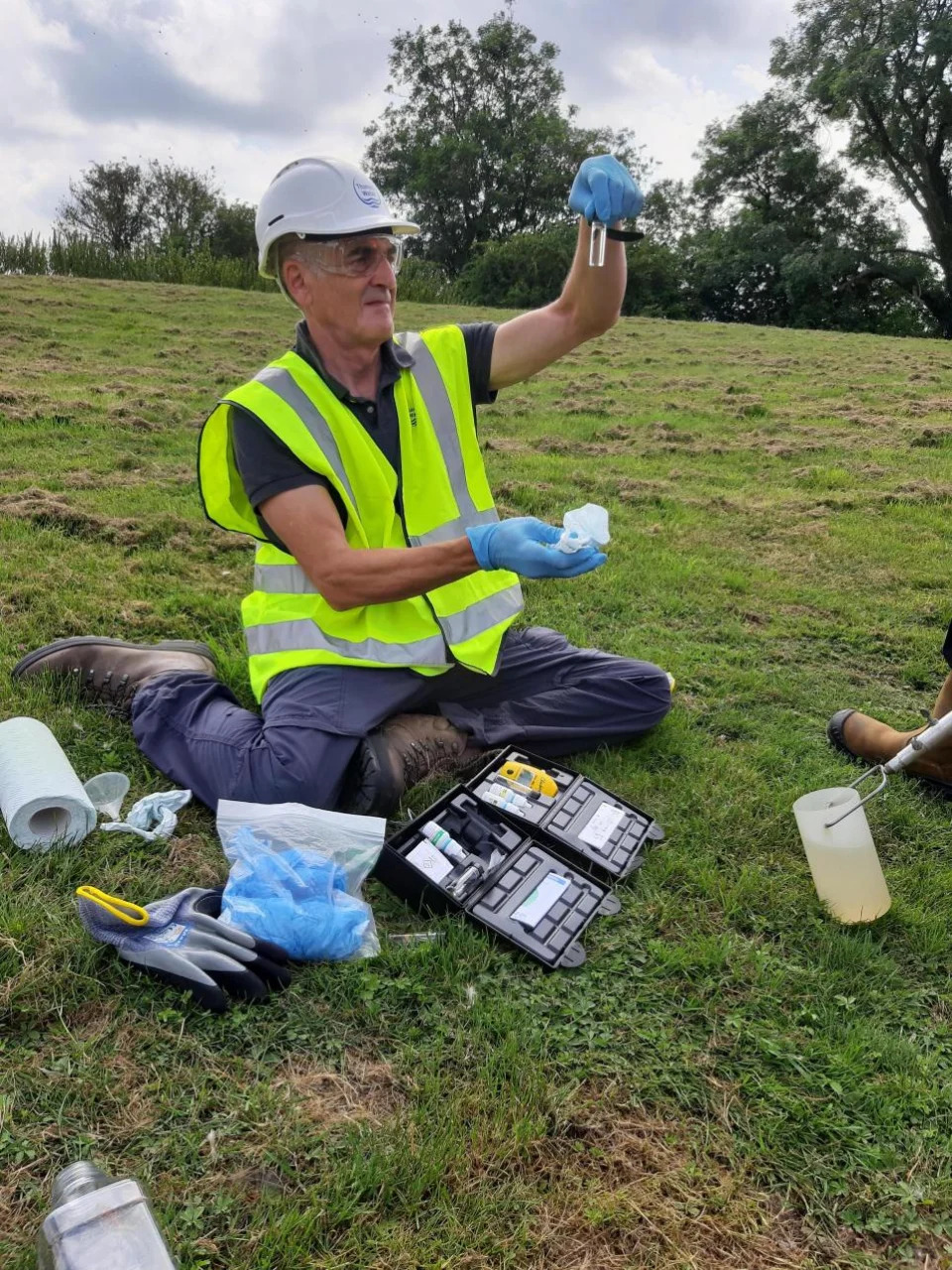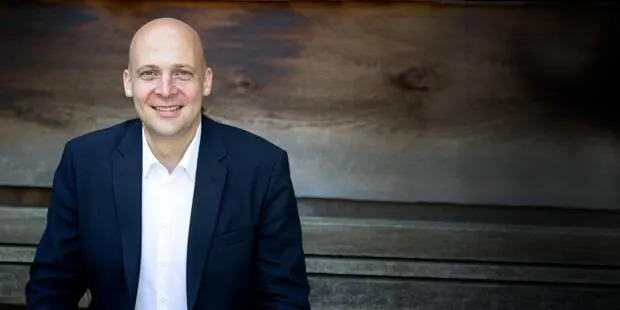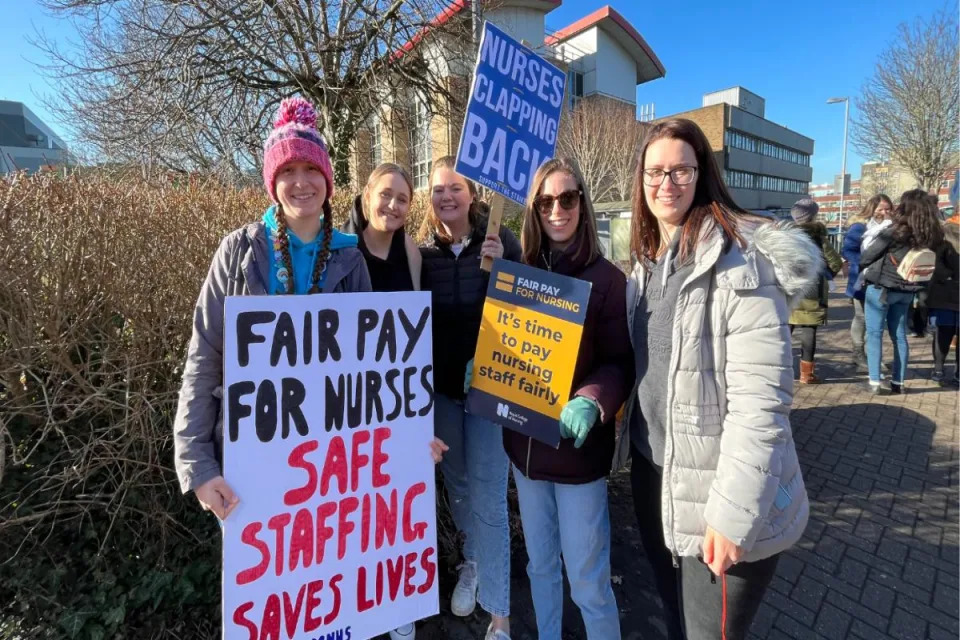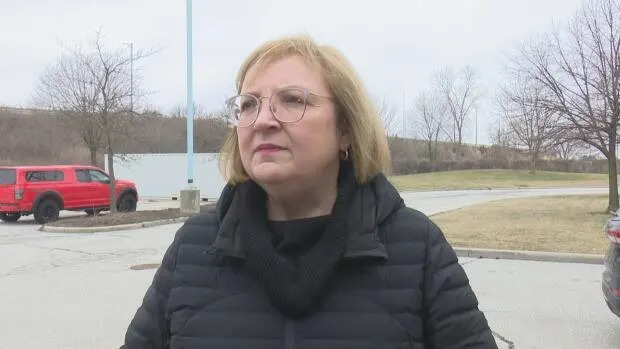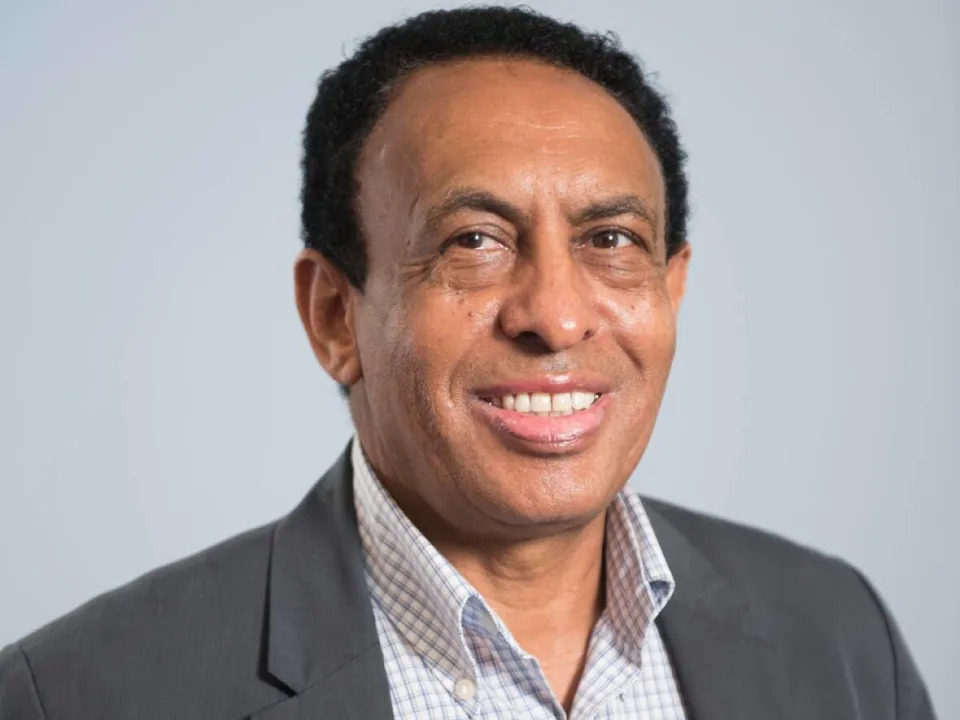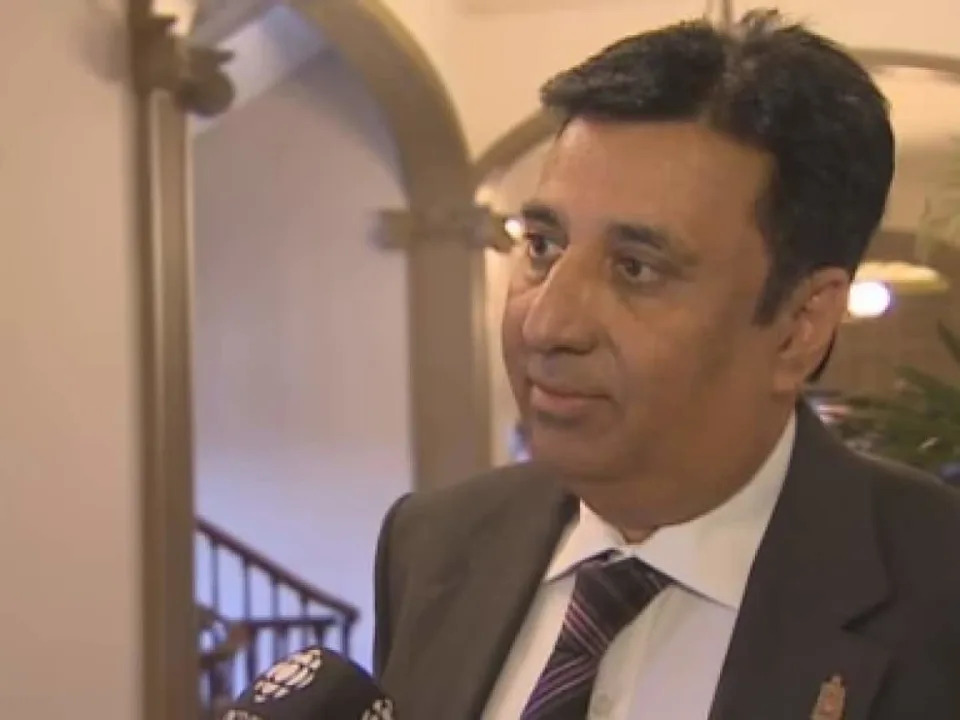The Northallerton man who was a 1960s pioneer of the electric car
Chris Lloyd
Fri, 3 March 2023

The Ford Comuta which was an electric prototype developed around 1967 in competition with the Carter Coaster
By 2030, all new cars sold in Britain will have to be electric, although if the nation had listened to a former leader of Northallerton Urban District Council in the 1960s, we would all already be switched on to green vehicles.
He was Alastair Carter, who grew up with his parents at Castle Hills Farm – they had a 1930s band called the Swingtimers, which sounds a little dubious today – and he went to Applegarth School.
He joined the RAF and flew bombers during the Second World War, and in peacetime he became a councillor and even council leader.
But early in the 1960s, Mr Carter gave it all up in Northallerton and moved to Tamworth, in Staffordshire, where he started a motoring and engineering business. He regained his pilot’s licence and would fly himself about the country on business making sure his flightpaths took him over the sites of rivals, like Ford at Dagenham.

Former president Donald Trump driving an electric golf buggy on his golf course at the Trump Turnberry resort in South Ayrshire - this buggy is apparently based on the Carter Coaster, a pioneering electric vehicle designed by a Northallerton man
Former president Donald Trump driving an electric golf buggy on his golf course at the Trump Turnberry resort in South Ayrshire - this buggy is apparently based on the Carter Coaster, a pioneering electric vehicle designed by a Northallerton man
Ford was pioneering a small, electric car, the Comuta, which looks like a cube on wheels.
So Mr Carter designed the Carter Coaster, which looked like a flat suitcase on wheels. It was slightly bigger than the Comuta in that it could seat two people side-by-side in a glass bubble perched on top of the suitcase.
His design featured a revolutionary “regenerative braking” system whereby the kinetic energy released by slowing the car down was pumped back into the battery.
In 1967, a short film on ground-breaking electric cars featured both the Comuta and the Carter Coaster. “Without about five years, Mr Carter expects to see a quarter-of-a-million on Britain’s roads,” said the narrator.
But only two Ford Comutas were ever built, and the Carter Coaster never took off. But it is believed that Mr Carter emigrated to the US where the Coaster became the basis for the electric golf buggy, and Mr Carter became extremely successful.
Can you tell us anything about Mr Carter and his Coaster? Please email chris.lloyd@nne.co.uk
